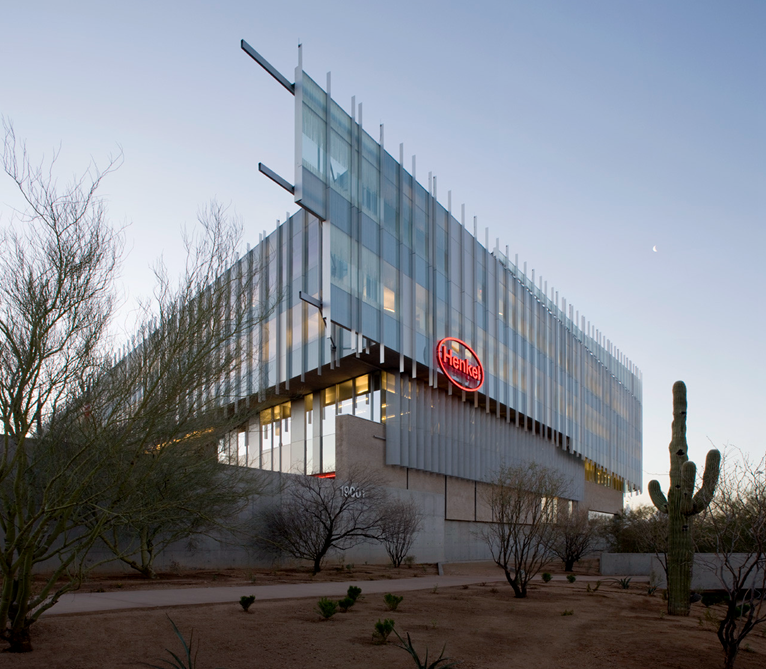De voordelen van SABRE-certificering voor medische hulpmiddelen in Saoedi-Arabië
SABER Certification is a requirement for all products imported into Saudi Arabia. The Saudi Standards, Metrology, and Quality Organization (SASO) launched the SABER system in 2019 to facilitate the issuance of conformity certificates for products imported into Saudi Arabia. The SABER system aims to streamline the certification process and increase transparency in trade. One…











